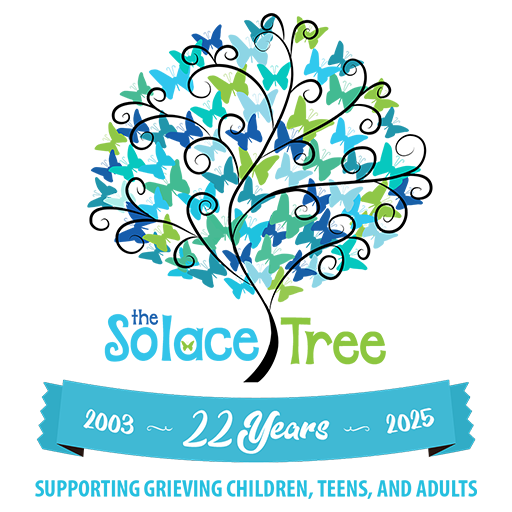Grief’s Enduring Impact: 2009 Poll by New York Life Foundation/Comfort Zone Camp
Nationwide poll of 1,006 adults conducted via the Internet (11/24-12/7/09)
- 15% of adults surveyed reported losing either a parent (11%) and/or a sibling (5%) before age 20
- 73% believe their life would have been “much better” if their parent hadn’t died so young
- 69% of respondents who lost a parent growing up said they still think about their parent frequently – including over 60% of respondents who lost a parent 35 years ago or more
- 58% of Americans who lost a parent as a child – and 34% of those who lost a sibling – said that the experience was “the hardest thing (they’ve) ever had to deal with”
Demographic Realities: Loss of a Father Far More Common
- Men between the ages of 25 and 49 die at rates 2.5 times higher than same-aged women, meaning children are more likely to lose a father than a mother before they reach adulthood. (Source: Kung, Hoyert, Xu, Murphy (2008). Deaths: Final Data for 2005. National Vital Statistics Report, 56(10), 1-66.)
The Vulnerabilities of Young Children and Adolescents
- How children mourn is strongly linked to their developmental level, including their understanding of death. (Poltorak & Glazer (2006). The development of children’s understanding of death: Cognitive and psychodynamic considerations. Child and Adolescent Psychiatric Clinics of North America, 15, 567-573).
- Between the ages of 5-7, children are markedly vulnerable following a loved one’s death because they are aware that death is permanent, but have few coping skills (Worden, J. W. (2002). Grief counseling and grief therapy: A handbook for the mental health practitioner. New York: Springer Publishing Co.).
- Between the ages of 12-18, an adolescent’s ability to cope effectively is made more challenging by the maturation process of this phase of life. (Mireault, G. C. & Compas, B. E. (1996). A prospective study of coping and adjustment before and after a parent’s death from cancer. Journal of Psychosocial Oncology, Vol 14(4), 1 – 18.).
The Challenges of Managing One’s Own Grief – and a Child’s
- Parents who have difficulty coping with their own grief following a loss often have children who report much higher levels of depression, anxiety and problems in school than children whose parent or caregiver is able to cope more effectively. (Cerel, J., Fristad, M. A., Verducci, J., Weller, R. A., & Weller, E. B. (2006). Childhood bereavement: Psychopathology in the 2 years post parental death. Journal of American Academy of Child and Adolescent Psychiatry, 45(6), 681 – 690.)
Source: https://childrengrieve.org/awareness/nationwide-poll-of-the-parents-of-grieving-children

